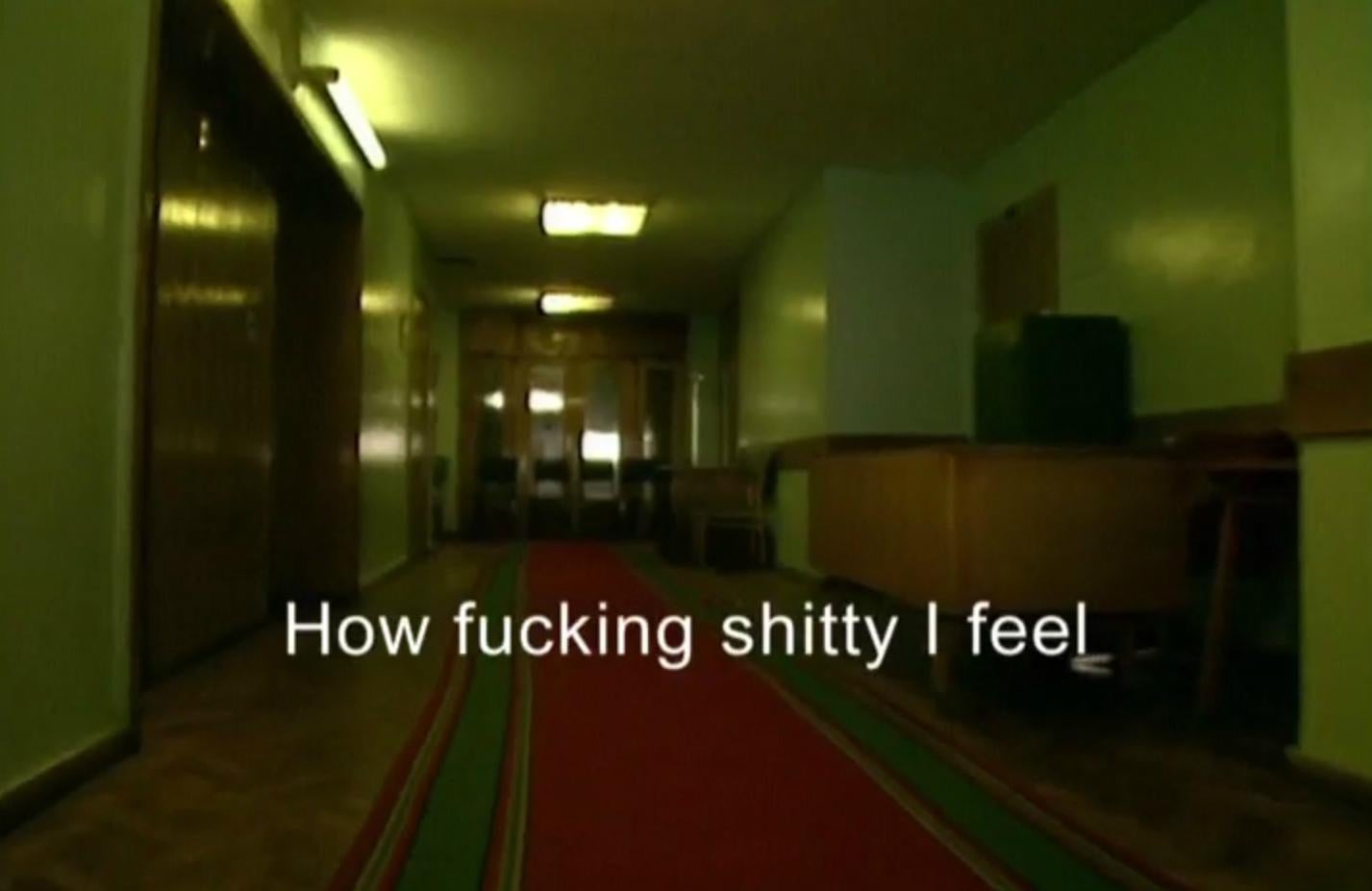HyperNormalisation review (Adam Curtis, BBC iPlayer): A masterfully dark dive into our experience of reality
A rare documentary that respects the viewer's intelligence

Your support helps us to tell the story
From reproductive rights to climate change to Big Tech, The Independent is on the ground when the story is developing. Whether it's investigating the financials of Elon Musk's pro-Trump PAC or producing our latest documentary, 'The A Word', which shines a light on the American women fighting for reproductive rights, we know how important it is to parse out the facts from the messaging.
At such a critical moment in US history, we need reporters on the ground. Your donation allows us to keep sending journalists to speak to both sides of the story.
The Independent is trusted by Americans across the entire political spectrum. And unlike many other quality news outlets, we choose not to lock Americans out of our reporting and analysis with paywalls. We believe quality journalism should be available to everyone, paid for by those who can afford it.
Your support makes all the difference.If your various news feeds present a reality you don’t recognise, and scrolling through them leaves you desensitised, this documentary goes some way in offering the explanation you’ve been seeking. Bitter Lake director Adam Curtis’s latest film looks at how “we have retreated into a simplified and often completely fake version of the world”, and the various social, political and cultural agents that have landed us in this seemingly hopeless world situation.
It initially seemed a shame that HyperNormalisation was to be resigned to BBC iPlayer, but, in retrospect, it was absolutely vital. Programming that respects the viewer’s intelligence is rare in the UK these days, particularly when it comes to documentaries and their fairly recent Stacey Dooley-isation, and by avoiding a primetime broadcast slot, Curtis was able to deliver a thoroughly uncompromising film, which clocks in at two hours and 46 minutes and carefully and purposefully charts our descent into synthesis.
Though technology and changing modes of communication are touched upon, politics is at the documentary’s centre, which opens in New York and Damascus in 1975 and covers the Reagan years, the younger and elder Assads, the master puppetry of Gaddafi and the stupefying rise of Trump.
Curtis rejects the talking heads approach to documentary making, with HyperNormalisation instead consisting almost entirely of existing footage that is repurposed exquisitely. While there is plenty of news footage of gruesome blasts, there are also static shots of wind balloon men flapping in the wind outside car dealerships, the eerie descent of empty elevators and a hilarious montage of all the “my God…” moments in disaster movies. Executions at the tail end of the Soviet Union are interspersed with a Jane Fonda fitness video. The first instance of a suicide bomb is paired with the image of fairground ride slowly rotating. It’s completely refreshing; at one point, Curtis demonstrates a point using the cinema of Andrei Tarkovsky, and he doesn’t strain to explain to the viewer who he is.
The lo-def graininess of the footage well serves his point about the blurring of experience and it is always apt and metaphorical without feeling too on-the-nose.
Nearly all of the political moments Curtis drops in on are well known, but he recontextualises them in an engrossing way. Initially a daunting prospect at almost three hours, you end up wishing HyperNormalisation had an even longer runtime or was episodic, especially as it not until very near the end that it starts to deal with the ideologically localised echo chamber of the internet.
“You were so much a part of the system that you were unable to see beyond it,” is the line that sticks with you, and Curtis is to be applauded for making a documentary that, in creating deliberately disorientating world narratives, those in power are trying to prevent.
HyperNormalisation was released on BBC iPlayer on Sunday
Join our commenting forum
Join thought-provoking conversations, follow other Independent readers and see their replies
Comments